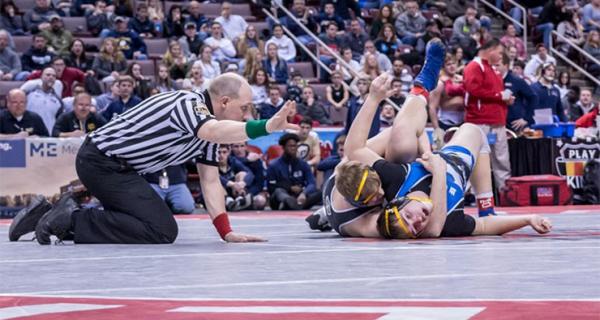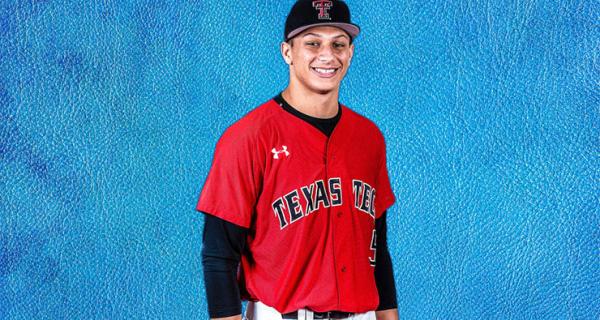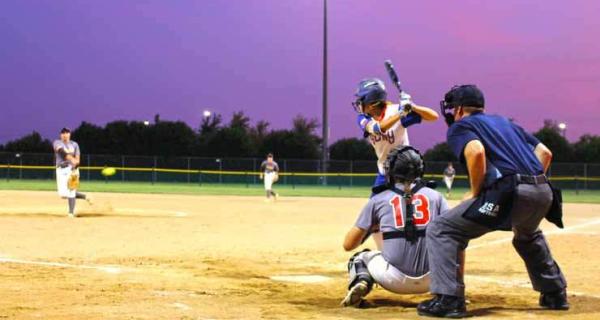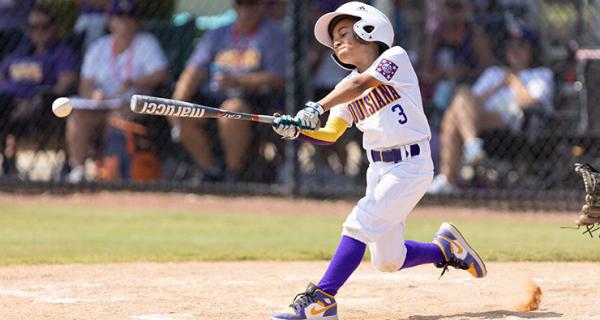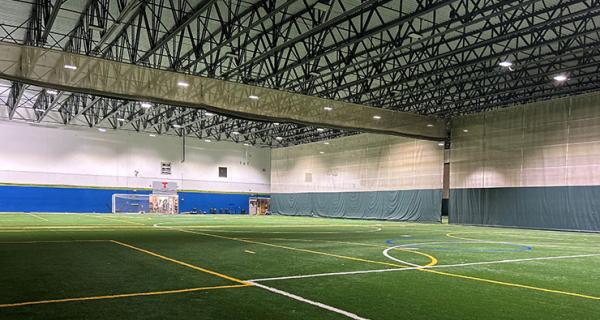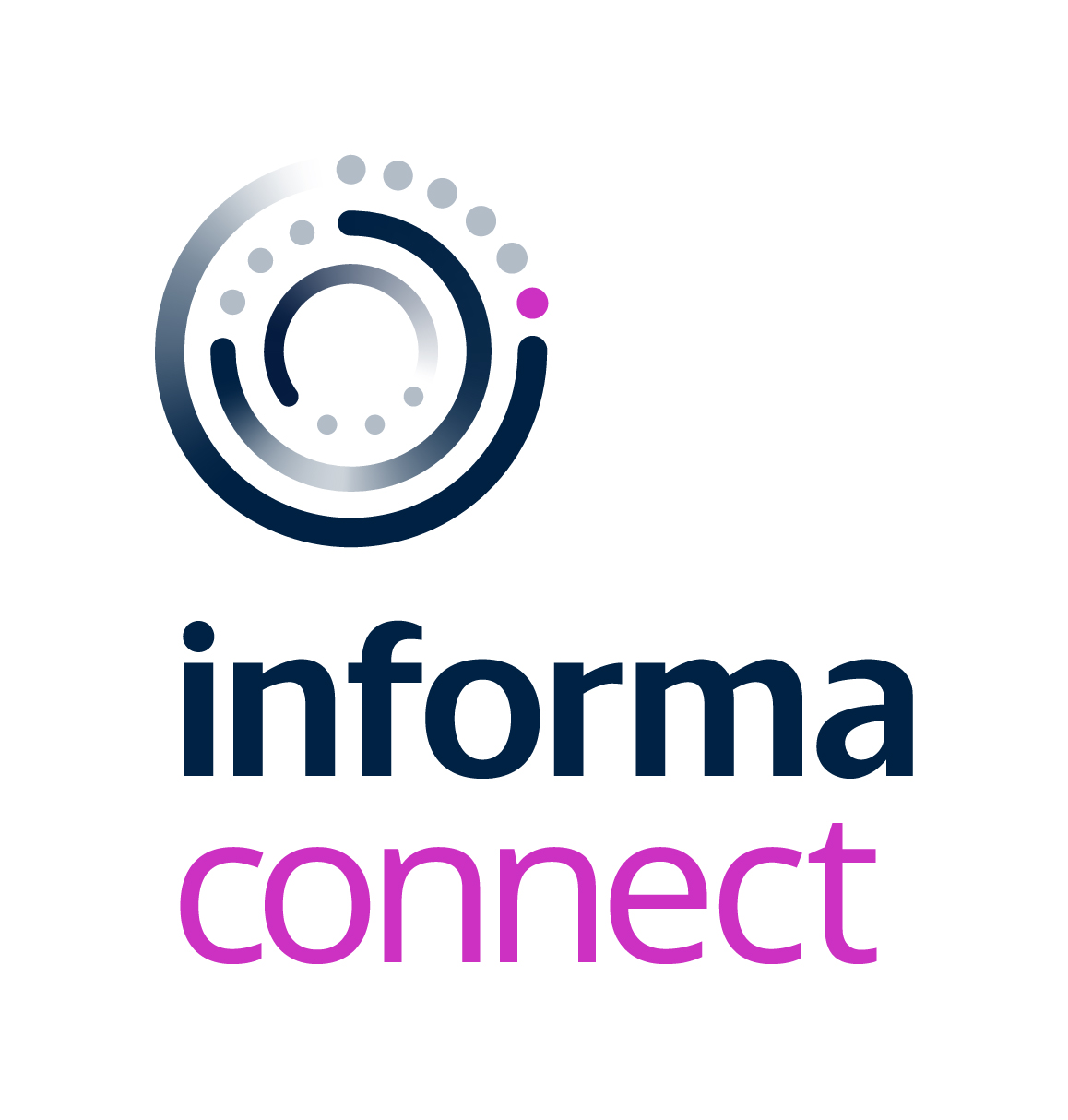Hosting Events Begin With Initial Scouting Trips
Top sports professionals explain what goes into a scouting trip before they bid to host events.
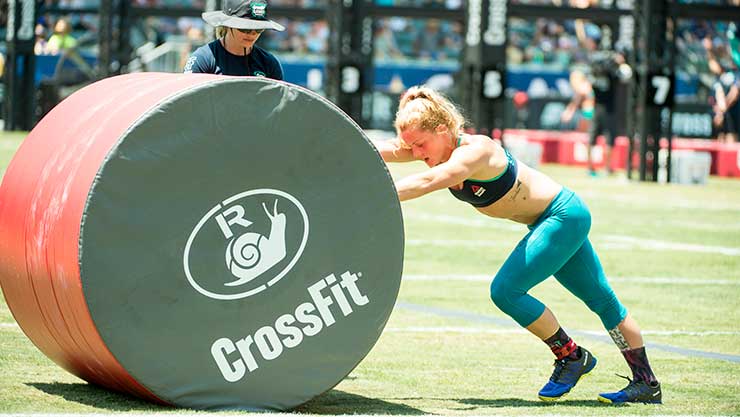
Whether a CVB or sports commission wants information to prepare for a bid or to get ready after winning a bid, boots on the ground via a scouting trip give a perspective that phone calls and web research just can’t.
Visiting an event gives insight that covers everything between the flight in and flight out:
- Event presence from the airport to the venue. Are there signage and volunteers at ports of entry? At lodging locations and restaurants? On streets?
- Back of the house tours and conversations with hosting officials and rights holders.
- The needs of participants and fans.
Scouting trips are not luxuries, say events professionals, they are essential to providing all stakeholders the best experience possible.
“Being in attendance at events, not only observing and taking pictures and notes, but also the one-on-one meetings or the future hosts walk-throughs or the opportunity to conduct pre-promotes in certain instances, there is an incredible value to those respective touchpoints,” says Jason Aughey, senior vice president of sports tourism at the Tampa Bay Sports Commission.
Aughey’s 14 years in Tampa includes the 2009 Super Bowl, which returns to Tampa in 2021; two NCAA women’s basketball Final Fours; the NCAA men’s hockey Frozen Four and the 2017 college football playoff national championship game.
Tampa was also awarded WrestleMania 36 but the event was move to WWE’s Performance Center without fans due to COVID-19. Aughey says his team had been striving to land the WWE’s premier event for a decade and visited WrestleMania 35 in the New York City area to get a live look.
Aughey says attendance at any related event during the week of the main event is a must to not only improve the connection with the rights holder but also spark the imagination.
“Seeing those special events in person and building those relationships with an organization like the WWE and then collectively coming together to say, ‘Hey, here’s some ideas we have based on what we saw in New York, how do we collaboratively raise the bar for this event, in this case for the WWE universe?” says Aughey.
“We saw some things there with venues and locations that were utilized how we can ultimately take what we learned by attending some of those special events and try to ultimately raise the bar with each one of them when it comes to Tampa next April.”
What to Watch For
Monica Paul, executive director of the Dallas Sports Commission, has a checklist for scouting trips:
- Network with committee members, staff, and key stakeholders of the event;
- See the ebbs and flows of the event and the venue;
- Look at the event’s security elements;
- Get a feel of what special branding elements the city may have initiated that shows it embraced the event and provided a special experience for participants and fans;
- Attend every ancillary event no matter how large or small if granted access by the event organizer;
- Study the transportation needs and challenges that arise;
- What are the marketing initiatives and plan, and what is needed on-site to deliver on the ticket sales goals;
- Were the hotels, restaurants and bars prepared for the numbers of people attending the event while still feeling that welcoming experience?
- At hospitality functions were the people working them welcoming and a good representation of the city?
- Take pictures of everything, even things that to some may be insignificant. “If some of our LOC team might not be able to attend, we want to be able to provide them with photos, videos, contacts, and a good account of what we saw and how it relates to other events we may have hosted or what we thought needed to happen,” she says.
Paul says scouting to gather intel before a bid is crucial as well.
“I’m a visual person, so before we even bid on an event, I prefer to have attended it so we have a much better frame of reference when we are submitting a bid,” says Paul.
There’s a cost of course to traveling to scout events, and Paul has a way to properly staff a visit. She says it depends on the stage of the process but in general she’ll schedule representatives of the venue and host institution, the lead sports commission event manager, a marketing manager, and herself.
“If we are only a year away from hosting the event, we may bring in a larger group to include a volunteer manager, our liaison leading our CSR and community initiatives, and someone dedicated to ancillary event venues,” she says.
“We try to ensure that at some point over a two-to-three-year timeframe leading up to our turn hosting the event that we give the members of our Local Organizing Committee a chance to see and learn to gain a point of reference for when we begin the planning process. This enables us to really set our benchmarks to determine what may or may not work in our city.”
Getting a Visual
In 2016, Madison, Wisconsin, won the CrossFit Games for three years and Jamie Patrick and his staff visited Los Angeles for their reconnaissance. Logistics and operations are always a priority focus for scouting trips, and Patrick, the vice president of the Madison Area Sports Commission, got particular value from seeing what participants needed.
“We knew from the RFP that they needed a lot of space and a lot of different venues but from the CrossFit perspective reading it on paper and visualizing it were two completely different things,” Patrick says. “So we got there and were like, ‘Holy smokes, this takes up a lot of real estate.’
“We got a behind the scenes tour, and ‘Holy smokes, they need that much space for athlete warmup.’ Throughout all that we gained comfort in knowing that we’ve hosted other events and we could have a sort of a conceptual idea if we made it to the site-visit round on how to show them like, ‘Hey, this is how we think it might work,’ and they could tweak it with their expertise.”
Patrick suggests that first time scouting parties plan ahead for tours from organizers because their priority is staging the event, and to study fan and participant demographics for such things as their preference in transit—taxi or Uber, for example.
Billy Rodgers, co-founder of Framework Events, the event managing firm for CrossFit, says as a rights-holder representative, he welcomes research from future hosts.
“Here’s our RFP, and I will spend as much time with you as you want,” says Rodgers. “If you have good questions and you need content, you need answers, you need me to show you the back of the house for the event, if you come to me to get it, I want to give you all the tools possible to be able to put the best bid forward.
“Whatever you need to see, I’m happy to open our doors to you. During that process there’ll be things that are important to us which are generally mentioned in the RFP and I can show you in person or on site.”
Aughey mirrors what Paul and Patrick say about being the host of an event and making time for future hosts on their scouting trips: they won’t share proprietary information, like financial data, but all else is fair game.
“When it comes to best practices, lessons learned, or better understanding dynamics, that’s just general information we feel comfortable providing,” Aughey says. “That’s the great thing about this industry. It’s incredibly competitive but there’s a great sense of camaraderie in that obviously events are going to rotate.”


